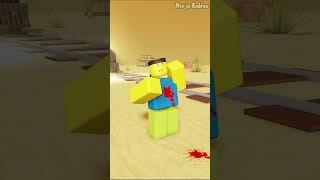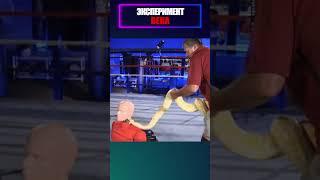
Beginners Mind in Qigong
Why is having a beginner's mind in practising Qigong important?
There is a famous story of a professor visiting a Zen master. The short story is that during this meeting, the Zen master pours the tea but does not stop pouring it. Naturally, the cup overfills, and the tea spills out.
The professor interrupts the Zen master, saying, 'Stop, the cup is already full.'
'Like your mind,' replies the Zen master. 'Your cup is full, and there is no more room. First, you must empty your cup.'
It is easy and common to think we already know it all. What is the point in starting over or returning to the foundation practices when you already know them?
That is the mistake I made too. Luckily, my teacher pointed out the difference between spread and depth.
I recently received an email from a student asking what advanced course I will teach next. And while I do teach some advanced Qigong courses, I recommended the person rejoin one of my foundation courses.
However, I received a reply saying they only want advanced training and already know the foundation.
The idea of consistently moving forward to advanced material is a mistake. Moving on to the next thing helps you develop spread (knowledge), but not necessarily skill (depth).
If you are collecting a lot of information but need more depth, then it is time to review the foundations with a beginner's mind.
With a beginner's mind, you will also become aware of the depths of Qigong and develop skills more meaningfully.
Plus, embodying and applying what you learnt is easier when you deepen your foundation skills. It will also help save time in the long run.
The video clip was taken from a Shaolin Arts class. I have yet to include the Qigong practice we did. If you want to see it, please message me here, and I will post it.
The video uses a beginner's mind in the fundamental of Wuji and Lifting the Sky (The first exercise of the famous 18 Lohan Hands from the Shaolin Temple). #zenteacher #zen #qigong
There is a famous story of a professor visiting a Zen master. The short story is that during this meeting, the Zen master pours the tea but does not stop pouring it. Naturally, the cup overfills, and the tea spills out.
The professor interrupts the Zen master, saying, 'Stop, the cup is already full.'
'Like your mind,' replies the Zen master. 'Your cup is full, and there is no more room. First, you must empty your cup.'
It is easy and common to think we already know it all. What is the point in starting over or returning to the foundation practices when you already know them?
That is the mistake I made too. Luckily, my teacher pointed out the difference between spread and depth.
I recently received an email from a student asking what advanced course I will teach next. And while I do teach some advanced Qigong courses, I recommended the person rejoin one of my foundation courses.
However, I received a reply saying they only want advanced training and already know the foundation.
The idea of consistently moving forward to advanced material is a mistake. Moving on to the next thing helps you develop spread (knowledge), but not necessarily skill (depth).
If you are collecting a lot of information but need more depth, then it is time to review the foundations with a beginner's mind.
With a beginner's mind, you will also become aware of the depths of Qigong and develop skills more meaningfully.
Plus, embodying and applying what you learnt is easier when you deepen your foundation skills. It will also help save time in the long run.
The video clip was taken from a Shaolin Arts class. I have yet to include the Qigong practice we did. If you want to see it, please message me here, and I will post it.
The video uses a beginner's mind in the fundamental of Wuji and Lifting the Sky (The first exercise of the famous 18 Lohan Hands from the Shaolin Temple). #zenteacher #zen #qigong
Тэги:
#qigong #chi_kung #Tim_Franklin #Fully_AliveКомментарии:
Beginners Mind in Qigong
Fully Alive
NEW PET SURPRISE! What should we name them? #shorts
THE WEISS LIFE
Эйхенбаумовские чтения – 2019. Литературно-мемориальные музеи: История и современность
Музей истории российской литературы имени В.И. Даля
Разминка рук массажиста между клиентами.
Школа массажа Рината Гайфутдинова
Jordan Davis - Bluebird Days (Lyric Video)
Jordan Davis


























